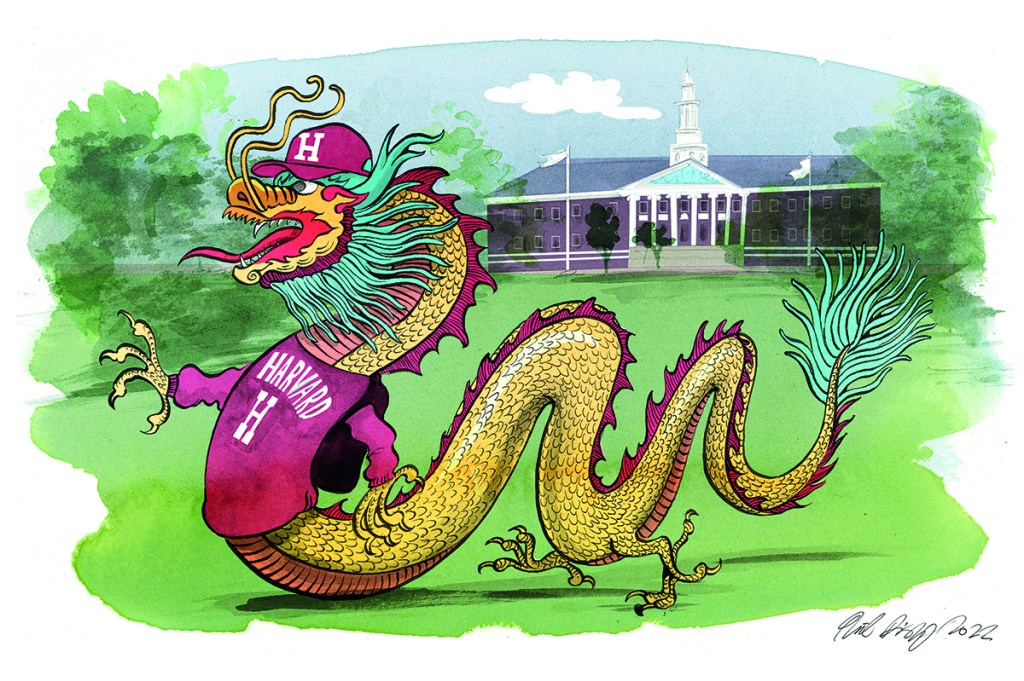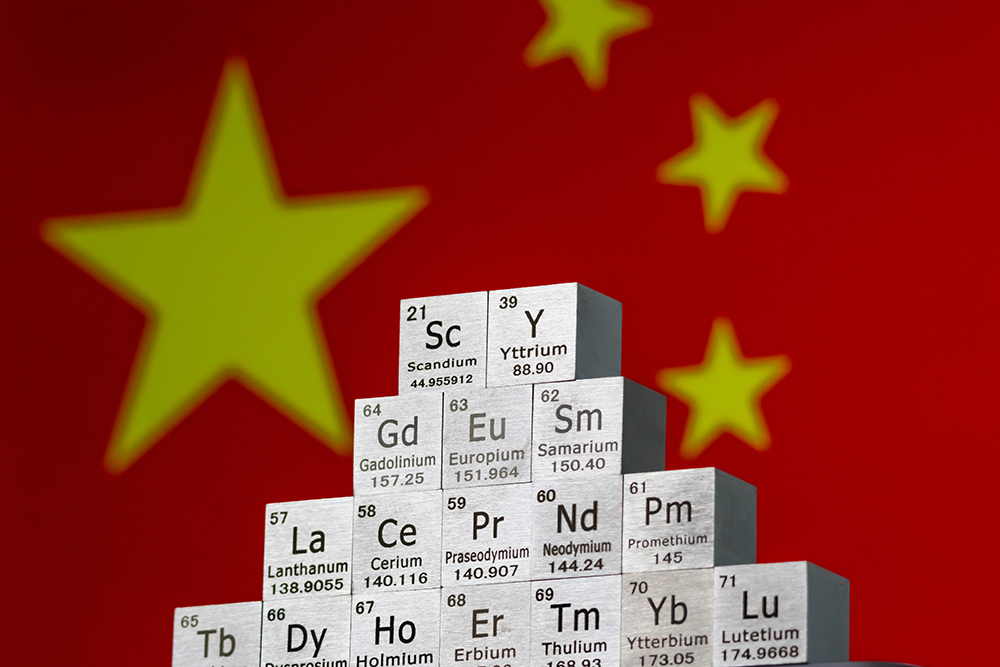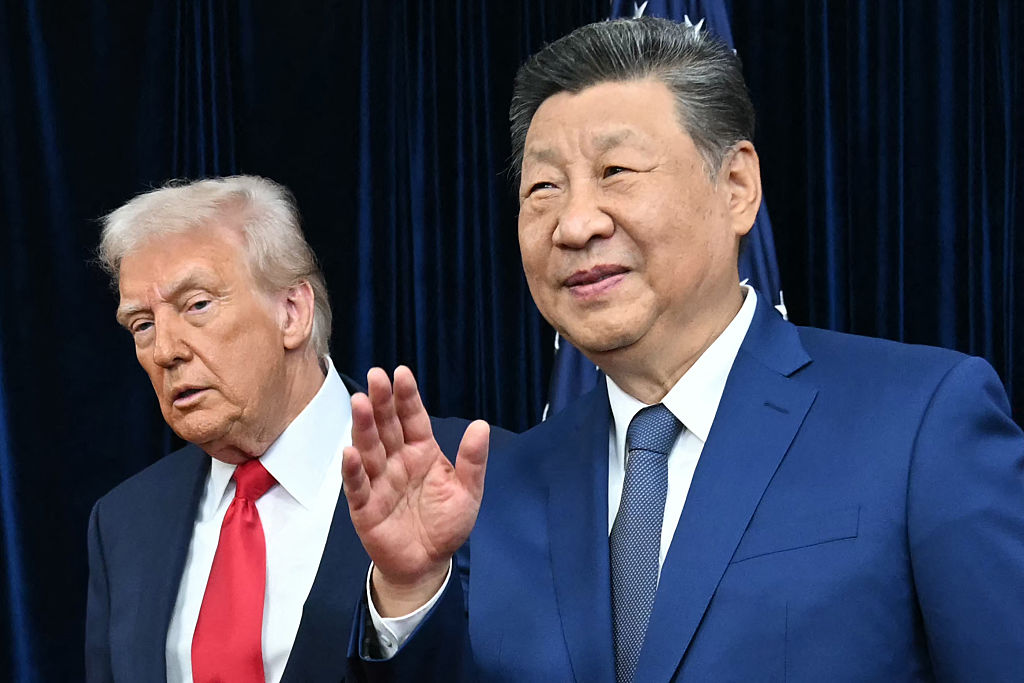“Congress has dropped language from a must-pass bill governing US defense policy that would have effectively prevented US scientists from participating in Chinese programs aimed at attracting foreign scientific talent,” reported Science, the journal of the American Association for the Advancement of Science (AAAS) in December. The journal cautions, however, that the provision may reappear in another bill.
The AAAS is the most authoritative voice for American scientists. It has generally opposed any restrictions on relations between US academics and China, and favored the US government’s stepping back from investigating and prosecuting scientists for lying about their service to China. And it has celebrated the emergence of groups of American scholars of Chinese descent who oppose the Trump administration’s 2018 China Initiative, which ramped up scrutiny of ties with China.
The China Initiative netted twenty-three US academics that the FBI suspected of improper collusion with China. So far, only one, the Harvard chemistry professor Charles Leiber, has been convicted, and the Biden administration seems to be on the verge of calling the whole thing off. Rather than facing up to the threat China poses on American college campuses, the White House seems to want us to get along happily with our friends across the Taiwan Strait.
In 2020, an anonymous group of Chinese hackers disrupted a Zoom conference organized by Brandeis University students to discuss the oppression of the Uighur minority in Xinjiang. I say “Chinese” despite their anonymity: it is hard to imagine anyone else blaring the Chinese national anthem over the event — “Arise! Ye who refuse to be slaves! Let us build our new Great Wall!” — and filling the screen with comments such as “Bullshit” and “Fake News.”
The swipe at Brandeis students stands out mainly for its brazenness. The CCP usually behaves more circumspectly. I’ve been collecting such stories because my organization, the National Association of Scholars, has long been delving into the Party’s knotty relationship to American colleges and universities. We started poking around in 2015 because a professor at an Ohio university mentioned to me that his institution was about to launch a Confucius Institute (CI). He wondered if I had ever heard of such a thing. I hadn’t, but as I followed the thread I soon found it necessary to hire a full-time researcher. The result was our study Outsourced to China (2017). We discovered that the Hanban, a Chinese agency associated with the Ministry of Education, had opened more than 100 of these institutes at American colleges, as well as more than 500 “Confucius Classrooms” at American primary and secondary schools and some 1,500 CIs and classrooms worldwide.
To what end? The official record was murky. Administrators at participating American institutions signed secret contracts governed by Chinese law and enforced in Chinese courts. Officially, the Hanban supplied its American clients with native Chinese instructors to teach Chinese language and culture. It also supplied text books and instructional materials, as well as a substantial monetary stipend. In return, the client only had to provide suitable classrooms and office space.
But as our researcher, Rachelle Peterson, quickly discovered, the institutes were engaged in more than teaching Mandarin. Chinese students explained to us that Hanban-picked teachers were also engaged in surveillance of Chinese who travel abroad to pursue degrees. We also heard murmurs that some of the Confucius Institute personnel maintained a very active interest in selected areas of science and technology research. And we learned that the CCP was running other initiatives, such as the Thousand Talents Program, which is aimed at recruiting American academics into close relationships with counterparts at key Chinese universities.
Much of this was rumor that we could not substantiate or publish. In some cases, we received what looked like reliable testimony, only for our source to decline to speak on the record. We printed enough, however, for officials in the FBI and the State Department to want to speak to us, and for members of Congress to take up the question of whether American colleges and universities ought to be developing such close connections to a state that is, in many respects, our adversary. As a result, some colleges and universities closed their Confucius Institutes. What started as a slow melt soon turned into a torrent: now ninety CIs have officially closed.
That might sound like a rout, but it isn’t really. As we explain in a forthcoming report, many of those “closed” CIs have merely rebranded themselves; the Hanban, for example, changed its name to the “Center for Language Education and Cooperation, and continued its undertakings with the full cooperation of many American administrators.
I am far from alone in seeing this cooperation as shameful, but it is easy to find eager apologists for it. They explain that “cooperation” and “exchange” between the US and China are too important to sacrifice to “politics.” Cooperation with China is indeed very much in the financial interests of the American universities and professors who participate.
Professors who are drawn into the Thousand Talents program receive stipends that can add up to hundreds of thousands of dollars. If that sounds like they are selling out their country, you just don’t understand. And the universities themselves are frequently entangled in their dependency on China for large numbers of full-tuition-paying students from China. That’s why, when my colleagues and I began to critique the Confucius Institutes, the Hanban was able to summon to Washington a conga line of college presidents and provosts to testify how thoroughly wholesome the CIs really are.
Others are now pursuing the threat of the CCP on US campuses. In 2020, the Hoover Institution published a report on the national security risk posed by China’s “exploitation” of the openness of American universities. To put it more bluntly than Hoover does: American higher education made it easy for China to steal our lunch. By “our” I mean the taxpayers who fund hundreds of billions of dollars of research.
Not included on Hoover’s list of collaborations, but of interest to a lot of us, are Wuhan University and the Wuhan Institute of Virology. Both enjoyed strong relationships with American professors who generously shared their US taxpayer-funded research with their Wuhan counterparts. They include Charles Lieber of Harvard and Dr. Peter Daszak, the now-notorious head of EcoHealth Alliance who organized an open letter rejecting the idea that there might be any link between the Wuhan laboratory and the coronavirus pandemic, without disclosing his own ties to the laboratory. Then there is Gang Chen, the MIT professor of mechanical engineering who is accused of federal grant fraud that involved sharing $19 million-worth of work on nanoscale heat-conduction physics, and hiding additional payments he received from China.
These “collaborations” are part of an emerging pattern. Chinese influence over American research and American universities has to be reckoned as immense. Yet tamping down American apprehension over the Chinese theft of intellectual property, and the consequences for China’s bid for global hegemony, appears high on the list of President Biden’s priorities. The Justice Department has pulled back from prosecuting alleged Chinese spies. In its early days, the Biden administration said it would continue the tough stance Trump had taken on theft of intellectual property — but that changed within weeks. Quarrels with China can take the form of symbolic gestures, but they cannot be allowed to get in the way of serious business. A “diplomatic boycott” of the Beijing Winter Olympics, for example, sounds tough but means nothing.
Of course, to write about these matters is to court accusations of xenophobia, racism, or hostility towards China in particular. So let me declare plainly that I admire Chinese civilization and I welcome Chinese students, visitors and immigrants to the United States. What I don’t welcome is the determination of the CCP to manipulate American institutions to advance its international objectives. We can’t let the CCP — or America’s own leftist media — deflect us with phony allegations of xenophobia into ignoring the danger.
CCP operations aimed at mining the West for intellectual property are just one part of China’s campus projects. As mentioned, many overseas Chinese students we encountered while researching the Confucius Institutes believed that CI staff were keeping watch on them. The Chinese students who turn out for pro-Xi demonstrations in US cities are not necessarily enthusiasts for the cause: refusing to go along can have costs for them and their families back home.
More dangerous than failing to display public support, of course, is expresing open criticism of the regime. A young Chinese colleague of mine at the National Association of Scholars, is determined to speak out and has, on her own, published exposés of various CCP initiatives in the US. She leads what I would call a very cautious life. She may be too small an irritant to the Chinese intelligence apparatus for it to put her in harm’s way, but like many other Chinese immigrants I know, she does not discount the possibility. A government that routinely harvests the organs of political prisoners and that is actively attempting to eradicate a whole ethnic group is playing by rules that most Americans cannot fathom.
Americans have an invisible emotional budget for how much alarm we can spend on any given crisis or any imagined “existential threat.” These days, we are spending it on phantom racism, climate-change alarmism and the specter of ever-mutating Covid. A global adversary intent on world domination —and well on its way to achieving it, in part through its work on American campuses — could be worth our attention. Or not. We all have priorities.
This article was originally published in The Spectator’s February 2022 World edition.

























